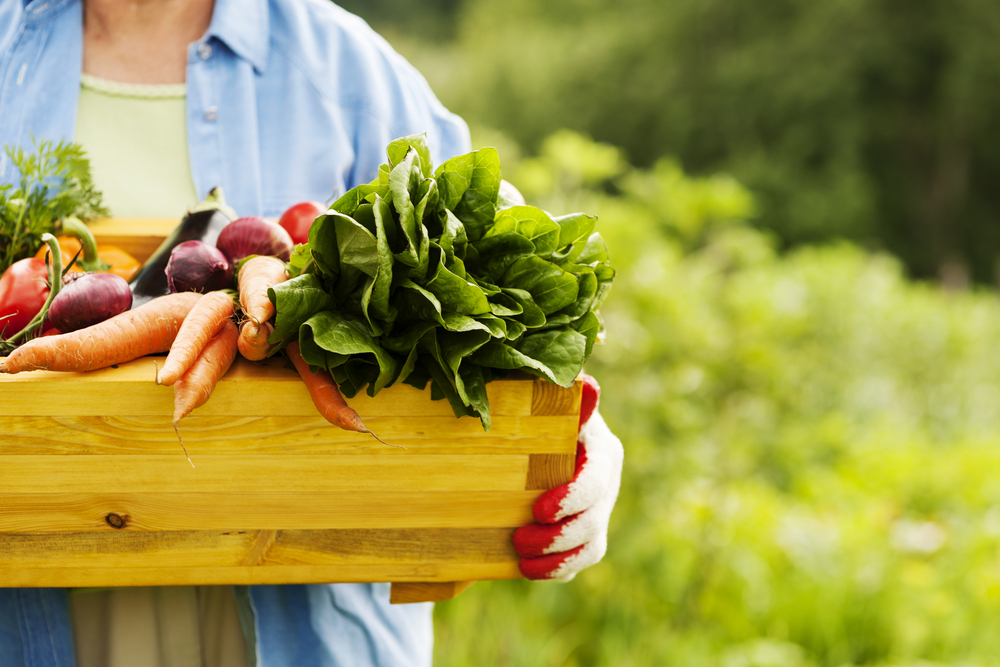A new report from Soil Association Certification has revealed there is more to do to seize the export opportunities available for organic.
The report follows a survey conducted jointly with Organic Farmers & Growers (OF&G), which revealed insight from organic businesses into the opportunities and barriers to the UK’s organic export market.
It found that more than 80 per cent of the UK’s organic food and produce is certified by the two bodies, and, of those surveyed, nearly a quarter of businesses reported an increase in export value of more than 25 per cent in 2017, while over a third (41 per cent) of exporters said that export represented more than a quarter of their business.
However, 35 per cent of responding firms said that they did not currently export, identifying a lack of clarity on regulations as a major barrier to international trade, particularly in China and the US. A lack of detailed market information was also seen as a challenge across a range of countries, including Germany and three key Nordic markets.
The high standards maintained by UK organic producers, including avoidance of pesticides and additives, alongside greater quality and taste, were identified by respondents as the most important product attributes and selling points for consumers in export destinations.
Lee Holdstock, Business Development Manager for Soil Association Certification, sees this as a major opportunity for the sector.
He commented: “Tradition and innovation, backed up by compliance with some of the toughest standards on welfare, environment and product constituents, mean UK organic produce enjoys a strong reputation around the world and is highly sought after. This gives us a big advantage in the export market.
“Government figures show that food and drink exports account for 19 per cent of all sector value, but organic exports are only 8.5 per cent of sales. This imbalance suggests one thing to me – opportunity. There is lots of help available to those businesses looking to export and this report helps to focus support where it is most needed to enable the organic food and drink sector to do all it can for those businesses considering penning an export plan.”
The report comes as uncertainty surrounding Brexit continues, and the Department for International Trade (DIT) continues to promote the opportunities available to UK food exporters under its GREAT campaign.
Graham Stuart MP, Minister for Investment at the Department for International Trade, commented: “I am delighted that this survey highlights the vital role the organic sector has played in the UK’s export success. But there is more to do. DIT is committed to providing effective, relevant and targeted export support to food and drink companies and ensuring that British companies know that this support is in place.
“The Soil Association is a good example of a trade body delivering practical support in its sector, and championing the UK’s high quality organic food and drink. I have no doubt the findings of this survey will help as we jointly strive to grow British food and drink exports.”
Companies struggling to access market information are being encouraged to visit the Soil Association’s Global Guide, a resource with organic market information on more than 30 export nations. The report can be found at www.soilassociation.org/certification/food-drink/business-support/exportsupport/the-organic-export-survey-2018/
In other Soil Association news, a new poll has revealed that most shoppers are committed to reducing plastic and household waste, believe that the level of packaging currently found in many supermarkets is unnecessary and think retailers and producers should be doing more to reduce it.
Of those surveyed, 30 per cent would buy more organic produce if it was sold loose, mainly driven by a desire to buy the exact quantity needed. However, price, locality and buying British were still seen as more important factors when choosing to buy organic.
A key finding was that the overwhelming majority of respondents (67 per cent) expected organic produce to be packaged in a more environmentally friendly way than non-organic. The survey also found that the majority of consumers preferred produce sold in paper, with an equal preference for recyclable plastic and cardboard, followed by biodegradable, but that 72 per cent of people find it hard to identify when packaging is recyclable or biodegradable.


